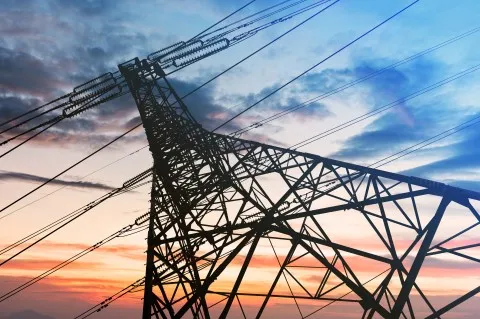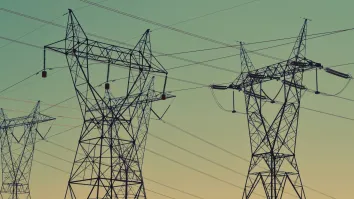
Why it may be high time for the Philippines' smaller islands to shift to renewables
Are they ready to replace outdated, diesel-fuel electricity-generation systems?
The Institute for Energy Economics and Financial Analysis published a report outlining how small islands in the Philippines can effectively replace outdated, diesel-fuel electricity-generation systems with solar- and wind-powered grids.
The report—“Electricity-Sector Opportunity in the Philippines – The Case for Wind- and Solar-Powered Small Island Grids”—notes that many Philippine small island grids dependent on imported diesel suffer frequently from blackouts and unplanned power outages.
“The problem is far from intractable,” said Sara Jane Ahmed, lead author of the report. “Our research suggests that a reasonably swift transition to renewable energy is feasible across these islands and that it can be driven largely by market forces that support modernisation and savings through advances in renewable energy and storage.”
Small island grids powered by solar, wind, and other renewable energy can reduce dependence on expensive imported fossil fuel generation without compromising the availability of power and grid reliability.
Hybridisation of existing diesel-powered generation with solar photovoltaics (PV), wind turbines, biomass gasification, small hydro installations, and battery energy systems, holds great promise.
While sizeable regulatory barriers exist to the modernisation of small island electricity systems—and indeed while the Philippines present a prime example of how techno-economic change has outpaced government regulation—these barriers can be overcome.
“While sizeable regulatory barriers exist to the modernisation of small island electricity systems—and indeed while the Philippines present a prime example of how techno-economic change has outpaced government regulation—these barriers can be overcome,” Ahmed said. “The Department of Energy (DOE) can incentivise the Small Power Utilities Group (SPUG) under the National Power Corporation (NPC) to speed up hybridisation of its plants. Moreover, the National Electrification Administration (NEA) can direct electric cooperatives to be technology-neutral in the procurement of power.”
Ahmed said that while the Philippine Renewable Energy Act of 2008 has spurred international and local interest in renewable investment, it is not as well-known as it should be.
“Incentives in this act most germane to small island grids is the entitlement of renewables developers to half of the savings on existing subsidies that arise from their projects. A provision also entitles renewables developers to a cash incentive equal to half of the savings that arise from lower cost renewables generation.”
The report notes that solar-powered electricity costs have fallen by 99% since 1976 and 90% since 2009, and the cost of wind-powered generation has fallen by 50% since 2009.
“This stands to drive the eventual domination of renewable energy in energy mixes,” Ahmed said.
Energy storage system expansion is occurring alongside fast-growing global uptake of solar and wind in a trend suggesting that 24/7 electricity availability from renewable energy sources may be achievable sooner on small island grids, the report also notes.
“On small island grids in the Philippines where peak demand is fully met by diesel plants, and where the average cost of renewable energy is less than the variable costs of diesel generation, electricity produced by run-of-river hydro, biomass, solar, and wind is positioned to compete economically and to progressively displace imported-diesel-fired generation by way of hybridisation initiatives,” Ahmed said.



















 Advertise
Advertise





